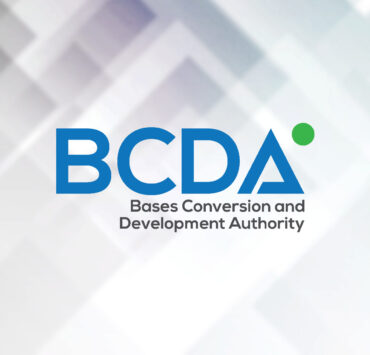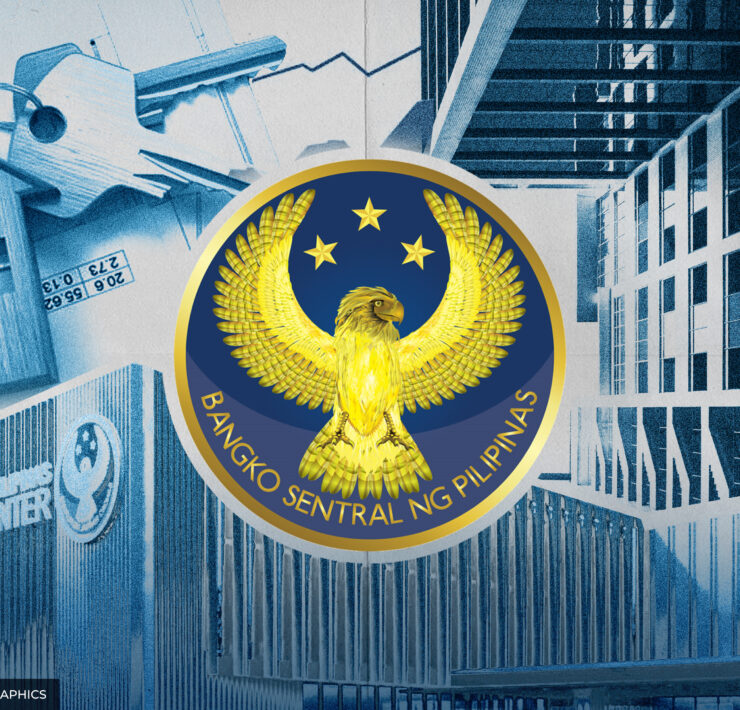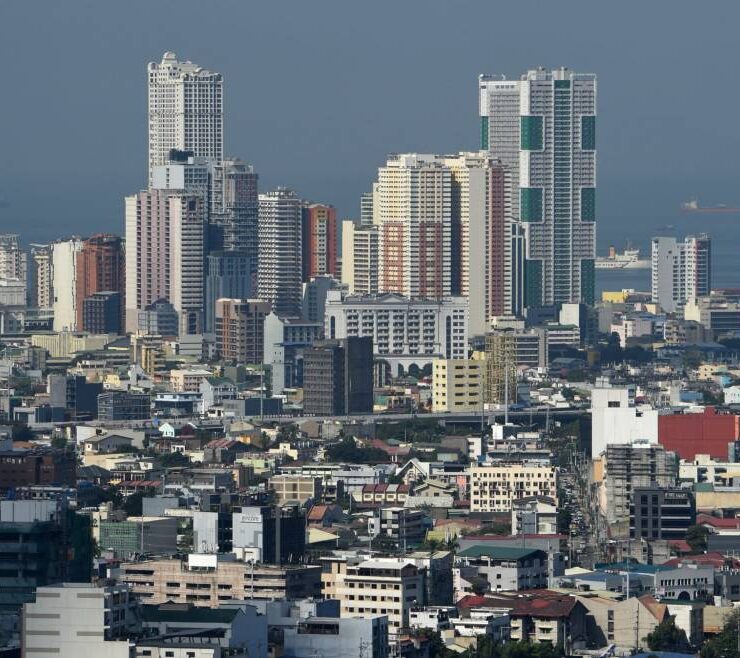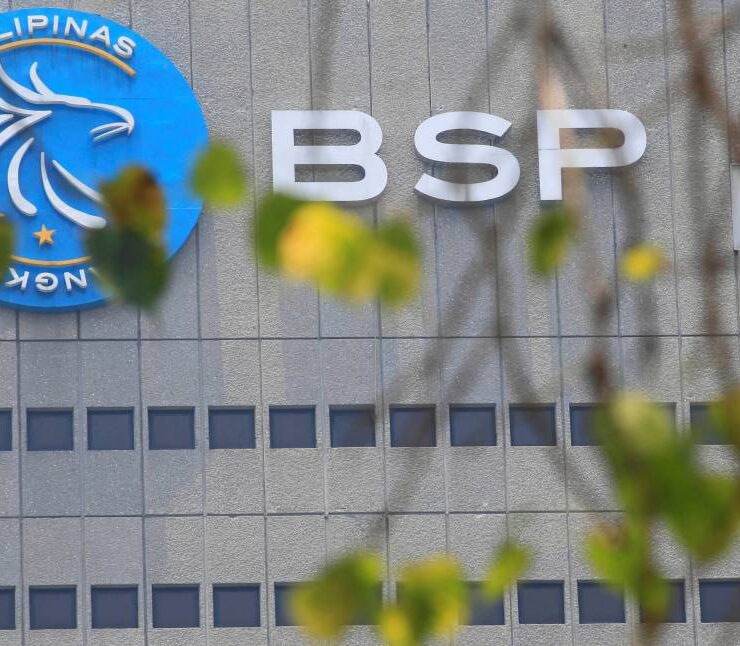Indian firms still ‘100%’ confident in PH
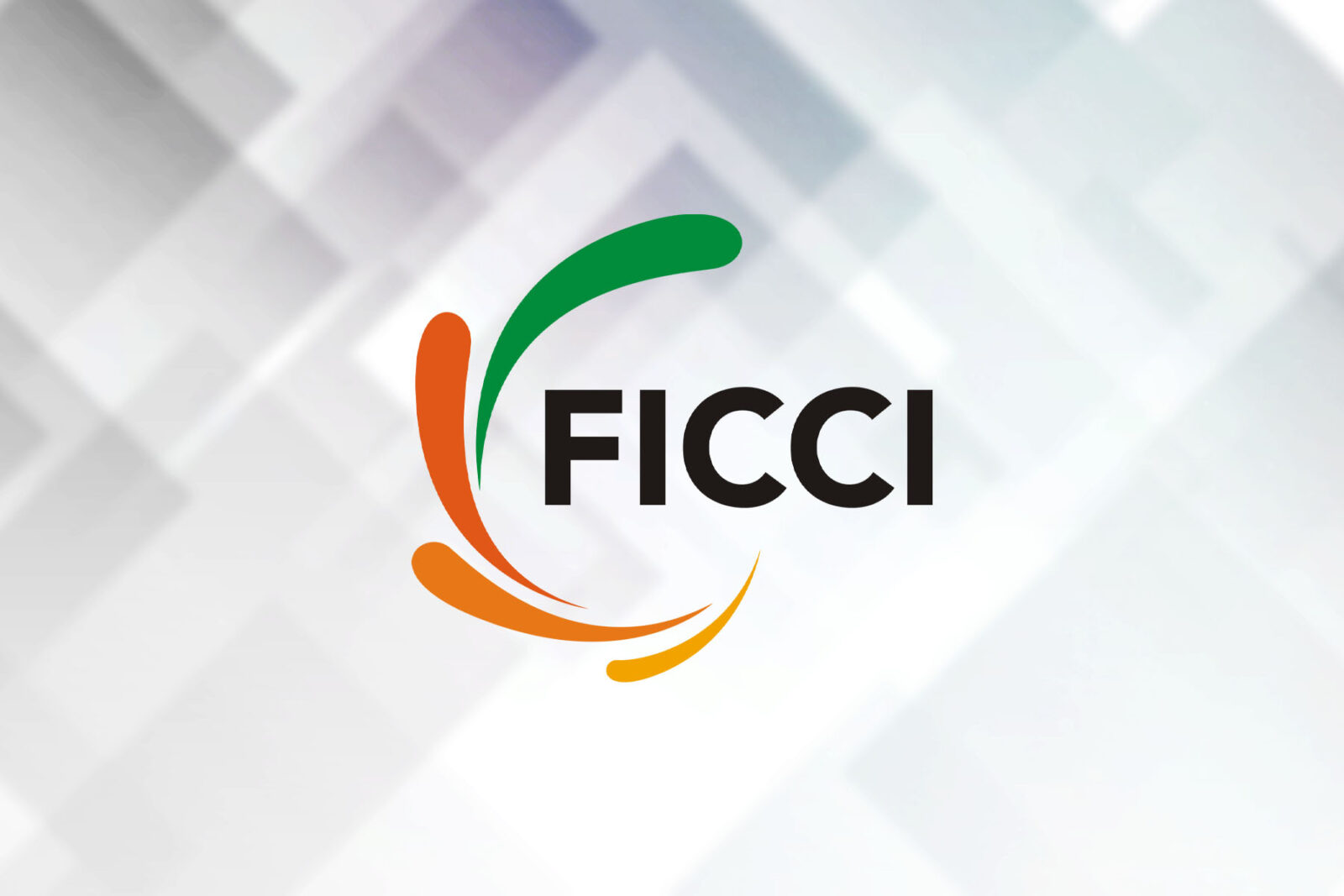
A leader of an Indian business chamber has expressed “100 percent” confidence in the Philippine economy despite a string of corruption scandals rattling the Marcos administration.
“In every economy, there’s going to be ups and downs. Let’s not look at this as a bad thing,” said Federation of Indian Chambers of Commerce (FICCI) president Mahesh Marpuri, referring to the corruption scandal that has prompted concern within several big business circles.
“I’m 100 percent sure that we have our confidence that we will come out of this,” he told Inquirer on the sidelines of a Taguig event celebrating the 75th year of Philippine-India diplomatic ties and the 75th anniversary of FICCI.
President Marcos has repeatedly described India as one of the Philippines’ most strategic partners.
Both economies were among Asia’s fastest-growing in 2024, with India expanding by 6.5 percent and the Philippines by 5.7 percent.
But economists now expect the Philippine outlook to soften as corruption probes slow government spending and cloud investor sentiment.
Mirpuri said the trajectory of the corruption-rocked Philippines now rests on government action.
“What’s done now is in the hands of the government to see. But at least moving forward, if things can be different, then I think every Filipino and every community will be able to gain something out of it,” he said.
Preferential trade
One of the key initiatives being pursued by both countries is a preferential trade agreement, which aims to reduce or even eliminate tariffs on products of mutual interest.
Mirpuri, who is involved in the talks, said India and the Philippines were looking to strike an agreement by 2026.
Once signed, the agreement is expected to bolster bilateral trade between India and the Philippines, which reached $3.5 billion in 2024.
The Philippines primarily supplies electronic goods, machinery and certain agricultural commodities, while India exports automotive components, agricultural products and pharmaceuticals.
Mirpuri said both economies stand to gain more, particularly in agriculture and artificial intelligence.
“I think both countries can really get a lot out of each other. We’re near. We’re both spending economies. We’re a growing population. There are a lot of advantages. It’s just the cohesiveness of both countries that is now what needs to come into play,” he added.















